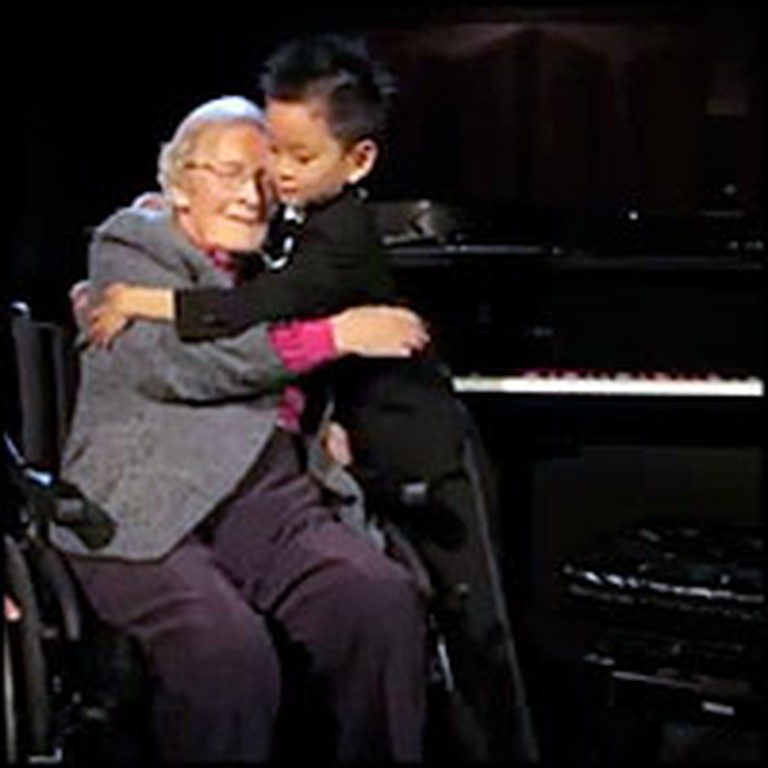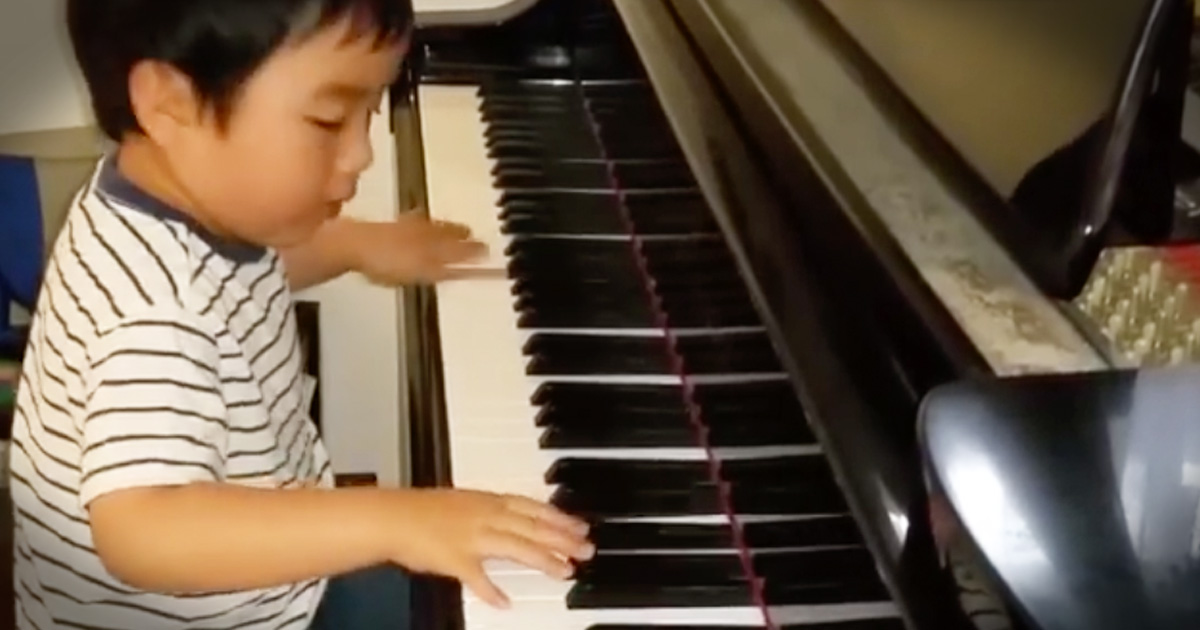
But let’s not lock our children in isolation for hours every day with the misguided notion that we’re enabling them to get a step ahead of the competition. For a music student, there’s nothing more fun than playing a Schubert symphony in a youth orchestra or reading Haydn string quartets with friends. So, yes, let us encourage achievement and let us open the arts for young people to enjoy. She never had dates or did anything else.”

Petersburg Times, “All she ever did was play that violin. As a grieving neighbor was quoted as saying in the St. Everyone except, apparently, Penny Ambrose.

Everyone thought the world was her oyster. Perhaps the most tragic case was of Penny Ambrose, a sweetheart of a young lady and an immensely talented violinist, who, in 1963 at the age of seventeen, took her own life by turning on the engine of her family car in the garage and asphyxiating on carbon monoxide. The career of Eugene Fodor, a major prize-winner with dazzling technique in his teens and early twenties, went into a permanent tailspin in his thirties, and he battled drug and alcohol addiction for the rest of his life. Perhaps the greatest child prodigy of all, Yehudi Menuhin, was able to overcome the hurdle, reinventing himself more as a thoughtfully perceptive musician rather than a dazzling virtuoso (he never did regain the technical skills he had as a teenager), but only after breaking down physically and mentally. And after all that adulation, after all those standing ovations, how must it feel to feel clueless?Īnd the toughest question of all: When all other roads have been cut off at such an early age, what is left in life when the fame fades? For every Itzhak Perlman, there are a hundred prodigies whose career paths led them in the direction of psychological trauma, anonymity, and worse. All the things that were shunned while they locked you in your practice room pursuing the pot of gold in childhood. Because playing Mozart and Bach takes study, insight, world experience, an understanding of history and culture, an understanding of humanity. But Mozart? Bach? What do I do with them? Too often, the answer is, no clue.

What choice to I have, since I’ve never done anything else?Īnd what of the musical component? After already having ascended to the pinnacle, how is it possible to get better? I’ve played Paganini, Wieniawski, Sarasate, Vieuxtemps, Ernst. Compared to what? And whose interests are they primarily interested in? The child’s, or their own?Ī common question former child prodigies ask when exiting their adolescence is: Where do I go from here? How is it possible to build upon the fame I achieved when I was ten years old? How is it possible to even match it? Hey, I played with Chicago Symphony when I was twelve, and now they want me to play with New Haven? Where am I going to be when I’m fifty? And if I have any expectations of playing with Chicago Symphony ever again, I now have to continue practicing endlessly, sacrificing my adulthood as well as my childhood. What can they be thinking? What is their calculation? That there’s a pot of gold at the end of the rainbow that’s worth depriving one’s own child of their childhood? I know, the parents say “my baby loves what she’s doing.” Really. They’re the ones who supposedly provide guidance and wisdom. However, the parents and the teachers do. This raises some difficult questions: Is it worth sacrificing one’s childhood for a few years of celebrity? Clearly, the child is too young to have any perspective in this regard. It’s the forty or fifty years thereafter that counts, where their legacy is created. And for most great musicians, that’s when their maturity as artists begins, not ends.

On the other hand, when child prodigies on the violin reach that age, there will literally be thousands of others who can play the Paganini violin concerto. When the gymnasts reach the grand old age of twenty, there are even fewer such athletes. But here’s where the comparison to Olympic athletes diverges. Here’s why: Like Olympic-destined gymnasts, toddlers like Yoshimura are one of a small, select handful of humans on this planet who have achieved so much in such a short time. Well, it brings tears to my eyes, but not of joy. All those hours of practice paying off with something so beautiful. This tiny feather of a girl, who looks like she’s about seven, played it almost flawlessly. A very well-intentioned friend sent me this Youtube video of a little Japanese girl, Yoshimura Himari, recently performing the first movement of the Paganini Violin Concerto in D Major with the National Philharmonic Orchestra of Russia, conducted by the great Vladimir Spivakov.


 0 kommentar(er)
0 kommentar(er)
